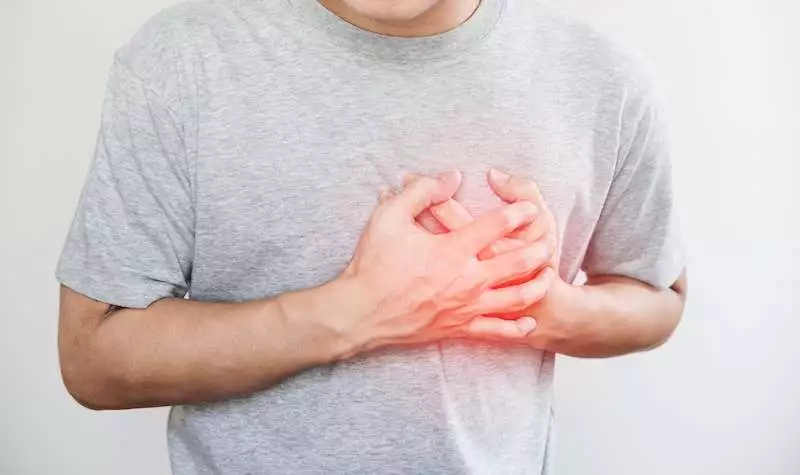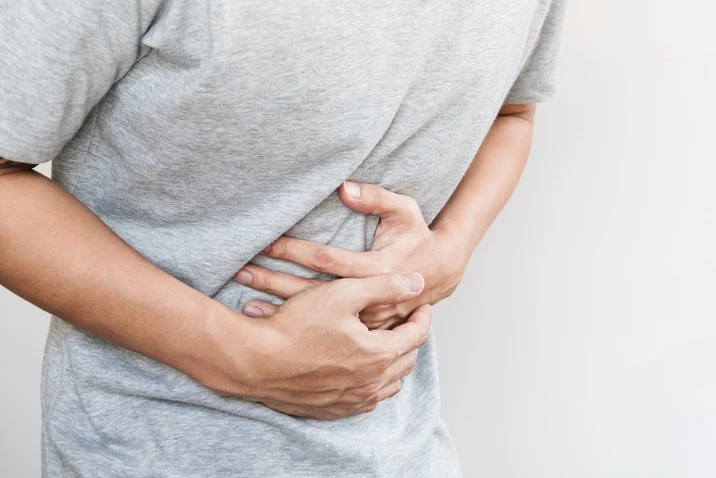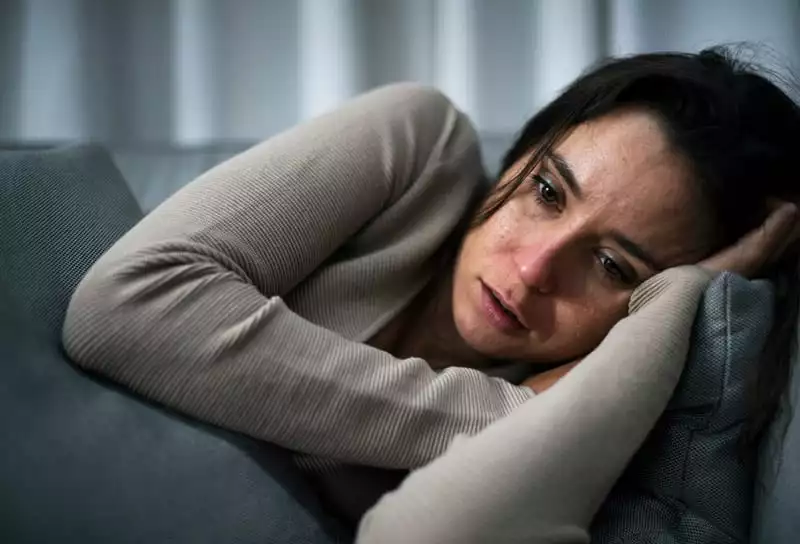Chest Pain: Symptoms, Causes & How to Prevent It?
When you think of chest pain, you likely think of it as a symptom of a heart problem. And while that’s often the case, chest pain can also be a result of other medical conditions or simply stress. In fact, up to 25 percent of people who experience sudden onset chest pain don’t have any detectable heart disease or other structural problems in their chest cavity or coronary arteries.
This is known as non-cardiac chest pain and is most commonly caused by stress, anxiety, or other factors related to lifestyle. However, it’s not always easy to tell when something is out of the ordinary. While all adults should know what “normal” feels like when it comes to their physical state, many adults don’t realize how much tension they’re holding in their bodies until things snap and a release becomes necessary.
What to Do if You Have Chest Pain?
If you experience chest pain, it’s important to get to the bottom of what’s causing it. Chest pain that originates in your heart is a symptom of heart disease and requires a medical doctor’s attention. But if your chest pain is non-cardiac, it might be helpful to talk to a mental health professional to help determine the cause. If you experience any of these symptoms, you should call 911: – Severe chest pain that’s sudden in onset and doesn’t go away.
- Sharp or stabbing pain in your chest that radiates through your shoulder or arm.
- Chest pain that feels like pressure, squeezing, fullness, or tightness.
- Chest pain that feels like something is stuck in your chest.
- Chest pain that occurs with shortness of breath.
- Chest pain accompanied by nausea or vomiting.
How to Prevent Chest Pain?
Preventing chest pain is easier said than done. You can’t just snap your fingers and make the tension disappear, but you can make changes to your lifestyle to try to prevent or lessen the severity of future flare-ups. Stay hydrated, get enough sleep, and, if possible, find ways to manage your stress better.
Most physicians recommend taking an aspirin daily to help thin blood and prevent blood clots. Being physically active and eating a healthy diet can also help to lower blood pressure and reduce your risk of heart disease.
Causes of Chest Pain
Chest pain can be caused by many different things, but sometimes there is no identifiable cause. In these cases, physicians call it “ idiopathic ” and will likely recommend that you follow up with a mental health professional. Depending on the cause of your chest pain, it can range from mild to extremely painful. Some common causes of chest pain include:
1. Heart Disease

Coronary artery disease and hypertrophic cardiomyopathy are the two most common causes of chest pain.
2. Gastrointestinal Disease

Gastrointestinal diseases such as ulcers, pancreatitis, colitis, and irritable bowel syndrome can cause chest pain.
3. Anxiety and Panic Attacks

The sudden onset of chest pain accompanied by symptoms of shortness of breath, dizziness, nausea, and sweating is a sign of an anxiety attack.
4. Tension

Type Muscular And Muscular Structural Syndrome (TMS/MS)
5. Depression

Although depression is not usually associated with chest pain, some people with depression experience chest pain. – Chest wall pain – Medications – Blood clots – Arthritis – Costochondritis
Tension-Type Muscular & Muscular Structural Syndrome (TMS/MS)
Tension-type muscular and muscular structural syndrome (TMS/MS) is when the muscles in your body become extremely tense and, essentially, “snap” in a kind of “forced” relaxation. TMS/MS is often associated with high levels of stress and anxiety, but it can also be caused by other factors, such as posture, inactivity, and repressed emotions. TMS/MS is very common. It can affect people of all ages and occur in many different parts of the body, including the chest.
People who experience TMS/MS often experience chest pain that is dull, heavy, achy, or cramping. When your muscles are extremely tense, they shorten and increase in spasm, which causes them to feel very tight. That tightness can radiate throughout the body, including to the chest. Because the chest is such a sensitive area, any pain or discomfort in the muscles in that area can feel like pain in the chest.
Anxiety and Panic Attacks
Anxiety and panic attacks can cause chest pain accompanied by one or more of the following: shortness of breath, dizziness, nausea, sweating, and an accelerated heart rate. An anxiety attack is often misdiagnosed as a heart attack due to the fact that the symptoms are so similar.
However, people who have anxiety attacks can often identify what is causing the attack by identifying their “triggers” and practicing different relaxation techniques. Anxiety attacks can be treated with therapy or medication, as well as daily stress management techniques such as meditation, progressive muscle relaxation, and yoga.
Depression
While not everyone who suffers from depression experiences chest pain, some people do. So, if you notice you are suddenly experiencing chest pain, it’s worth mentioning to your doctor that you have experienced depression in the past. While depression can cause a wide range of symptoms, chest pain is one of the lesser-known symptoms.
Depression is often associated with lethargy, feelings of sadness or worthlessness, changes in eating and sleeping habits, and thoughts of suicide. While chest pain is not a typical symptom of depression, some people with depression experience it. Chest pain caused by depression can be similar to that caused by anxiety attacks. It is often described as a feeling of pressure, tightness, or discomfort in the chest.
Conclusion: Chest Pain Reasons
Chest pain can be a serious symptom and should never be ignored. However, while pain in the heart is often associated with chest pain, it can also occur in other areas of the body. Chest pain is usually caused by an underlying medical condition and is not something to ignore.
If you’re experiencing chest pain, it’s important to seek medical attention. While doctors will likely do a number of tests to determine the cause of the pain, the most important thing you can do is relay your symptoms as accurately as possible.
Source –


